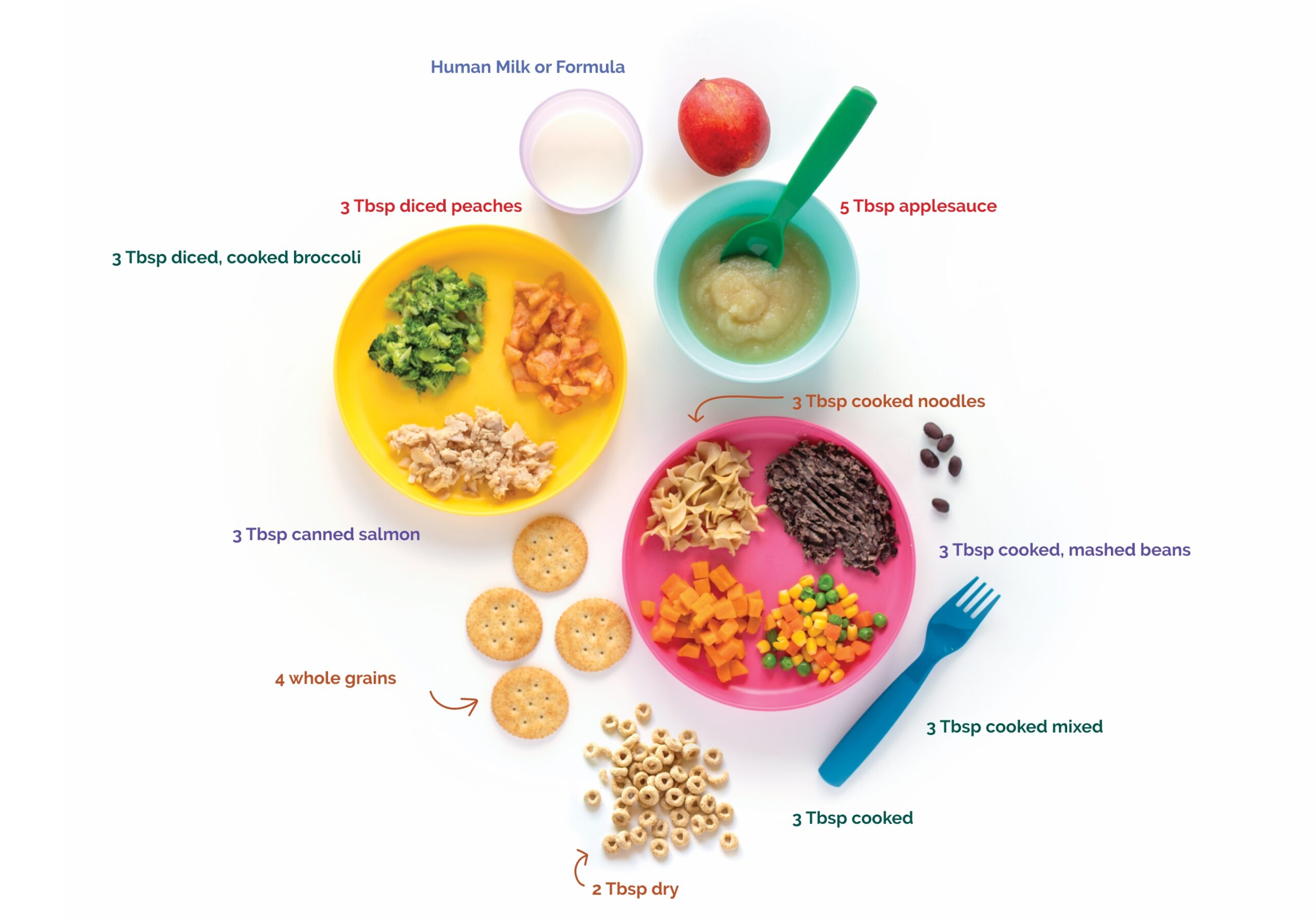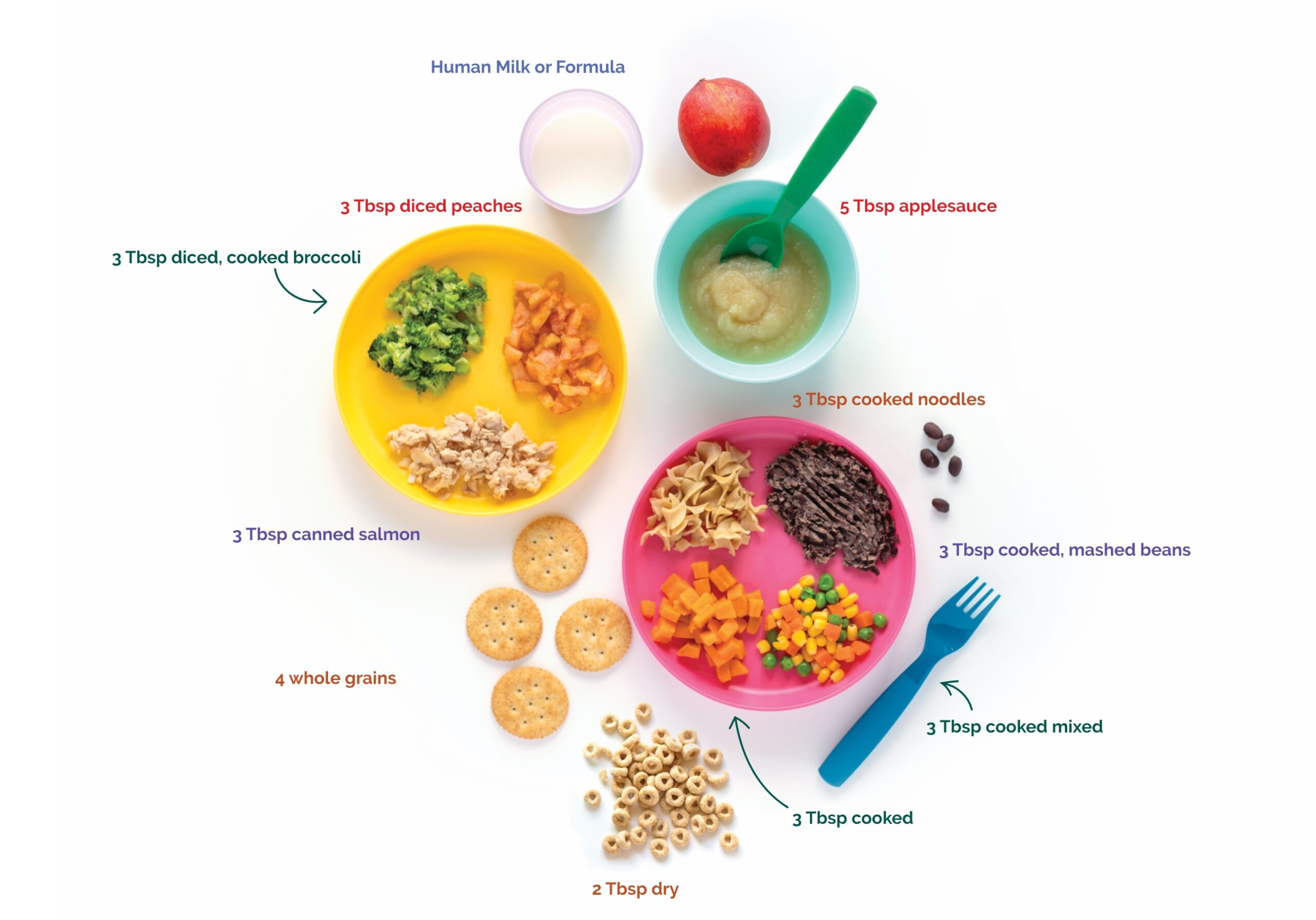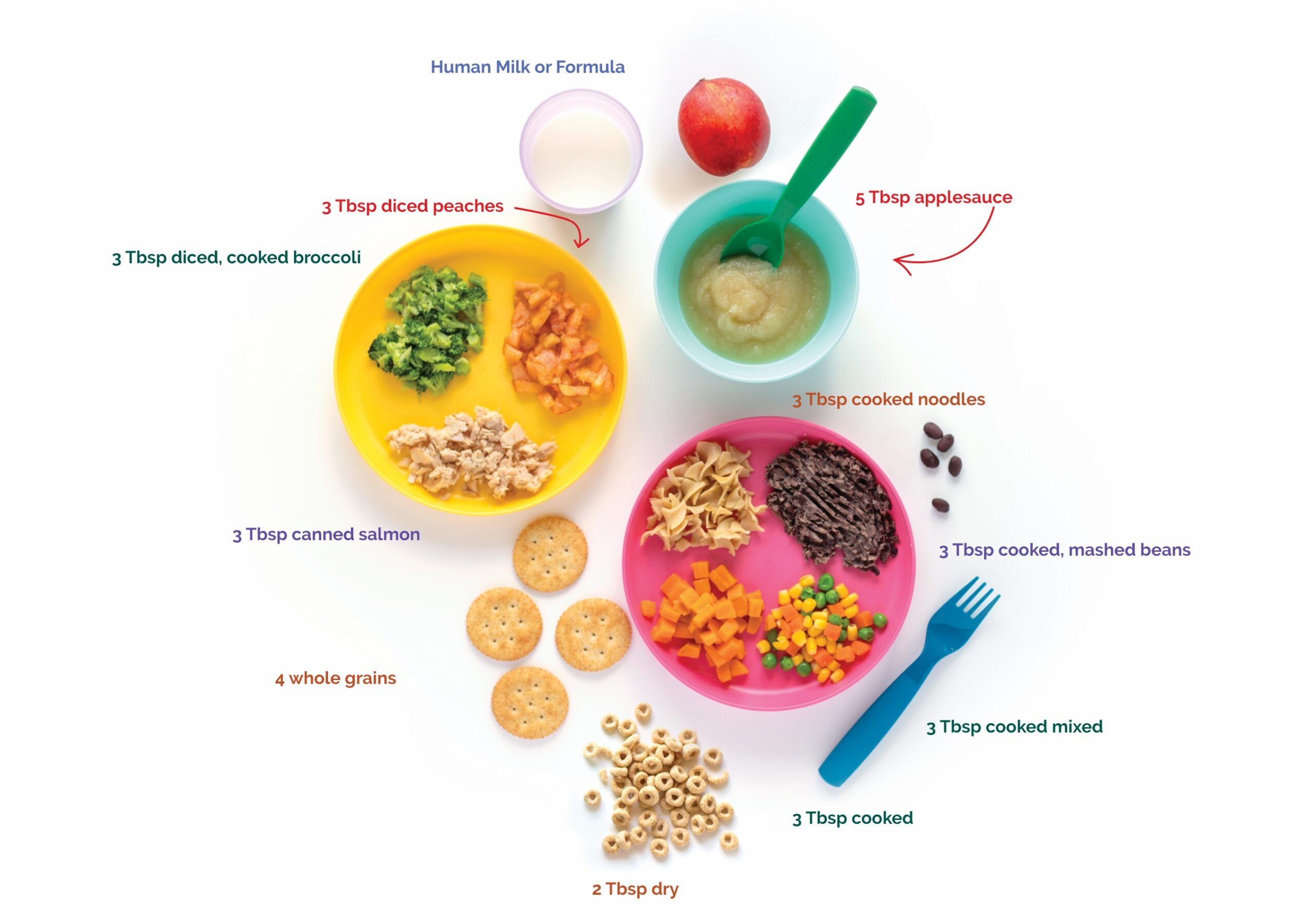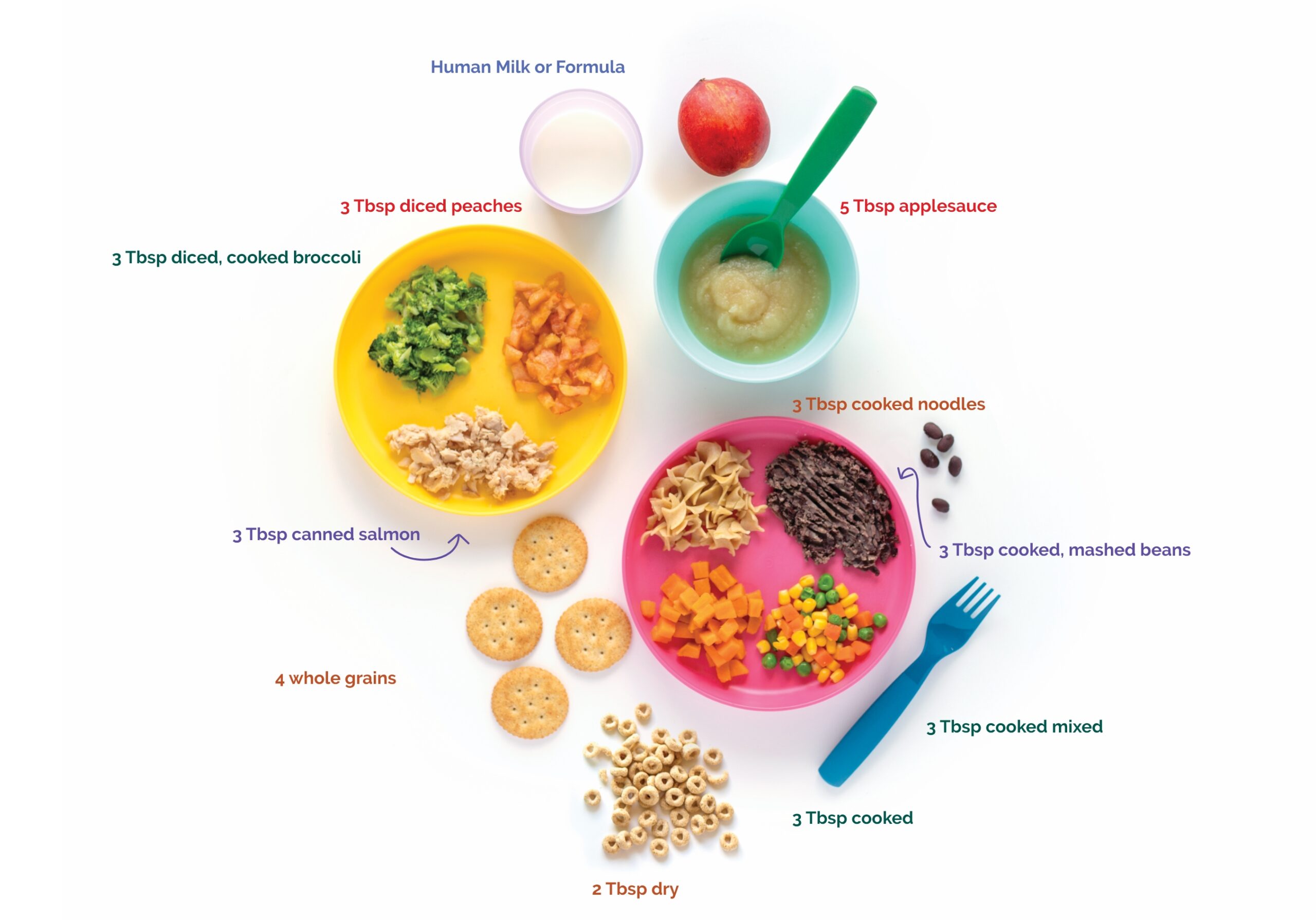Your
eWIC Card
The eWIC card is a safe and convenient way to use your WIC benefits.
You will use your eWIC card to purchase WIC-approved foods at authorized WIC grocery stores.
The Food Benefits for every WIC participant will be put into a family account on one eWIC card. Generally, the benefits are loaded on the card once per month. Each month, your family’s food benefits will be automatically deposited into your WIC account.
Every time you purchase a WIC-approved food, that item will be deducted from your benefit account. Buy what you need. You do not have to buy all your foods at one time.
Save your eWIC card! Your next benefits will be purchased with the same card monthly.
Take care of your eWIC card
Always
- Keep your card safe and clean.
- Keep your card away from items such as magnets, cell phones, TVs, and microwaves.
Do Not
- Write your PIN on your card.
- Keep your PIN in your purse or wallet.
- Give your PIN to anyone that you do not want to use your card.
- Bend your card.
- Place your card in direct sunlight, such as on a car’s dashboard.
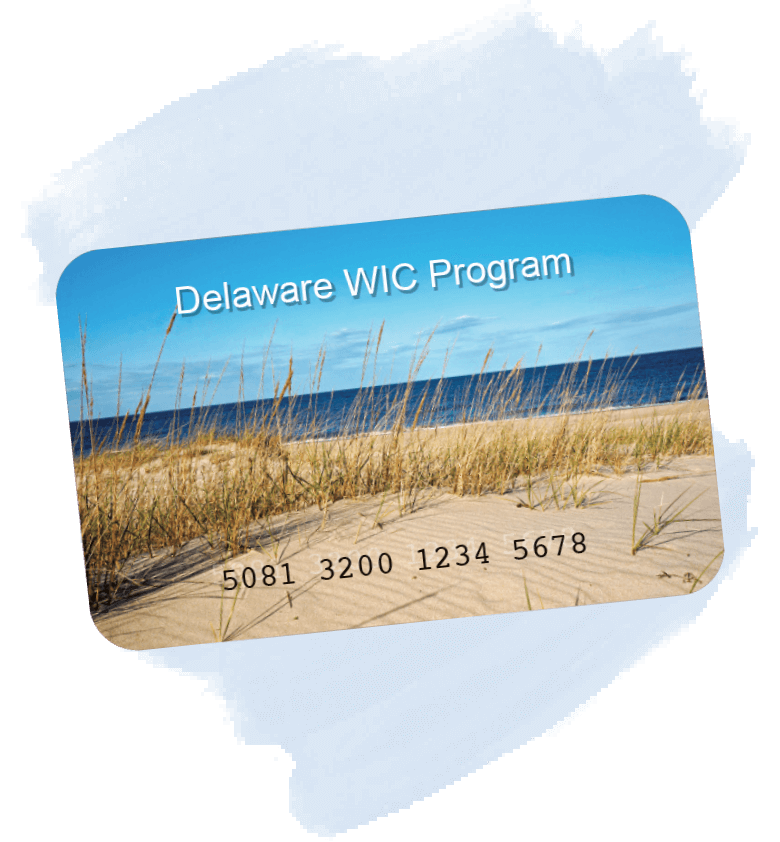
Shopping
for Your WIC Foods
Check your account balance before shopping. There are 2 ways you can do this.
- If there is an eWIC Point of Sale (POS) machine at the store, you can slide your card and enter your PIN to get your balance.
- Contact eWIC customer service at:
Take care of your eWIC card
Always
- Keep your card safe and clean.
- Keep your card away from items such as magnets, cell phones, TVs, and microwaves.
Do Not
- Write your PIN on your card.
- Keep your PIN in your purse or wallet.
- Give your PIN to anyone that you do not want to use your card.
- Bend your card.
- Place your card in direct sunlight, such as on a car’s dashboard.
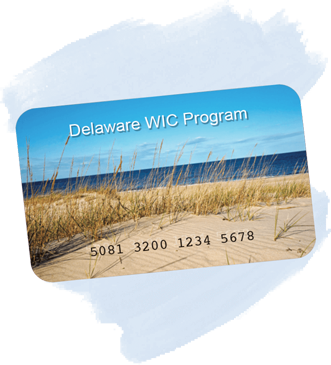
Your
eWIC Card
The eWIC card is a safe and convenient way to use your WIC benefits.
You will use your eWIC card to purchase WIC-approved foods at authorized WIC grocery stores.
The Food Benefits for every WIC participant will be put into a family account on one eWIC card. Each month, your family’s food benefits will be automatically deposited into your WIC account.
Every time you purchase a WIC-approved food, that item will be deducted from your benefit account. Buy what you need. You do not have to buy all your foods at one time.

Shopping
for Your WIC Foods
Check your account balance before shopping. There are 2 ways you can do this.
- If there is an eWIC Point of Sale (POS) machine at the store, you can slide your card and enter your PIN to get your balance.
- Contact eWIC customer service at:
At
Check out

- Always use your eWIC card prior to any other forms of payment (SNAP, credit card, debit card, etc.).
- Slide your eWIC card in the Point of Sale (POS) machine or hand your eWIC card to the cashier.
- Enter your PIN and press the enter button on the keypad.
- The amount of approved food items and dollar amount of fruits and vegetables you purchase will be deducted from your eWIC benefits.
- The cashier will give you a receipt, which shows your remaining benefit balance and the date benefits expire.

eWIC
Questions & Answers
This is a four-digit secret number that you will use with your eWIC card to access your food benefits.
When choosing a PIN, choose four numbers that are easy for you to remember but hard for someone else to figure out (for example, your child’s or parent’s birthday). DO NOT use the same number, like 1111, or a sequence of numbers, like 1234, for your PIN.
DO NOT give your PIN to anyone other than your designated authorized users. If someone knows your PIN and uses your card to get your food benefits without your permission, those benefits will not be replaced.
Your
eWIC Card
The eWIC card is a safe and convenient way to use your WIC benefits.
You will use your eWIC card to purchase WIC-approved foods at authorized WIC grocery stores.
The Food Benefits for every WIC participant will be put into a family account on one eWIC card. Generally, the benefits are loaded on the card once per month. Each month, your family’s food benefits will be automatically deposited into your WIC account.
Every time you purchase a WIC-approved food, that item will be deducted from your benefit account. Buy what you need. You do not have to buy all your foods at one time.
Save your eWIC card! Your next benefits will be purchased with the same card monthly.
Take care of your eWIC card
Always
- Keep your card safe and clean.
- Keep your card away from items such as magnets, cell phones, TVs, and microwaves.
Do Not
- Write your PIN on your card.
- Keep your PIN in your purse or wallet.
- Give your PIN to anyone that you do not want to use your card.
- Bend your card.
- Place your card in direct sunlight, such as on a car’s dashboard.

Shopping
for Your WIC Foods
Check your account balance before shopping. There are 2 ways you can do this.
- If there is an eWIC Point of Sale (POS) machine at the store, you can slide your card and enter your PIN to get your balance.
- Contact eWIC customer service at:
Take care of your eWIC card
Always
- Keep your card safe and clean.
- Keep your card away from items such as magnets, cell phones, TVs, and microwaves.
Do Not
- Write your PIN on your card.
- Keep your PIN in your purse or wallet.
- Give your PIN to anyone that you do not want to use your card.
- Bend your card.
- Place your card in direct sunlight, such as on a car’s dashboard.

Your
eWIC Card
The eWIC card is a safe and convenient way to use your WIC benefits.
You will use your eWIC card to purchase WIC-approved foods at authorized WIC grocery stores.
The Food Benefits for every WIC participant will be put into a family account on one eWIC card. Each month, your family’s food benefits will be automatically deposited into your WIC account.
Every time you purchase a WIC-approved food, that item will be deducted from your benefit account. Buy what you need. You do not have to buy all your foods at one time.

Shopping
for Your WIC Foods
Check your account balance before shopping. There are 2 ways you can do this.
- If there is an eWIC Point of Sale (POS) machine at the store, you can slide your card and enter your PIN to get your balance.
- Contact eWIC customer service at:
At
Check out

- Always use your eWIC card prior to any other forms of payment (SNAP, credit card, debit card, etc.).
- Slide your eWIC card in the Point of Sale (POS) machine or hand your eWIC card to the cashier.
- Enter your PIN and press the enter button on the keypad.
- The amount of approved food items and dollar amount of fruits and vegetables you purchase will be deducted from your eWIC benefits.
- The cashier will give you a receipt, which shows your remaining benefit balance and the date benefits expire.

eWIC
Questions & Answers
This is a four-digit secret number that you will use with your eWIC card to access your food benefits.
When choosing a PIN, choose four numbers that are easy for you to remember but hard for someone else to figure out (for example, your child’s or parent’s birthday). DO NOT use the same number, like 1111, or a sequence of numbers, like 1234, for your PIN.
DO NOT give your PIN to anyone other than your designated authorized users. If someone knows your PIN and uses your card to get your food benefits without your permission, those benefits will not be replaced.
Call your local WIC clinic:
New Castle County
Hudson: (302) 605-4066
West End: (302) 605-6653
Northeast/Claymont: (302) 605-4099
Email: nccwic@delaware.gov
Kent County
(302) 605-1833
(302) 605-4077 (Spanish)
Email: kentwic@delaware.gov
Sussex County
(302) 605-4055
(302) 605-4077 (Spanish)
Email: sussexwic@delaware.gov




